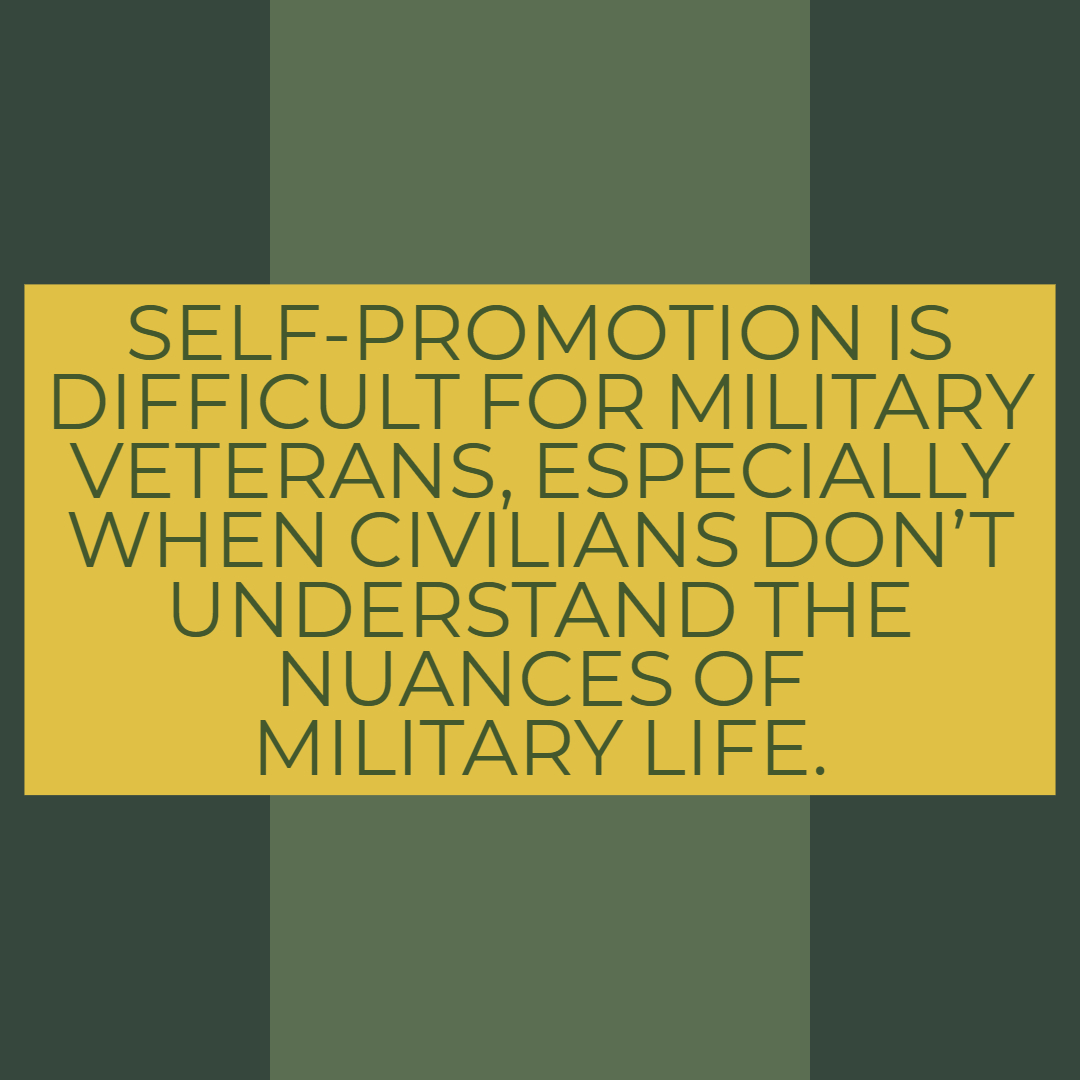Recruitment
Helping Veterans Find Jobs With Purpose
By Rita Pyrillis
Oct. 30, 2018

Most employees want a meaningful job, but for returning military veterans finding private-sector work that offers a sense of purpose can be a big challenge, and that can lead to job dissatisfaction and high turnover for employers.
“In service you wake up every morning and the mission is defined and clear,” said former Marine Corps intelligence officer Elliot Parks, a cybersecurity consultant at PwC based in Philadelphia. “You have a clarity of purpose, but in the private sector it’s not always clear.”
While more companies are hiring veterans — 40 percent planned to recruit them in 2018, up from 37 percent the previous year, according to a 2017 survey by CareerBuilder — nearly half of U.S. veterans leave their first post-military job within a year. Many large employers have turned to veterans groups such as Hiring Our Heroes and Veterans Employment Initiative for help, resulting in a marked decrease in the unemployment rate for post-9/11 veterans from 12.1 percent in 2011 to 3.8 percent as of August 2018, according to the U.S. Bureau of Labor Statistics. Yet, turnover remains high.
To help turn this trend around, PwC, Google, Citigroup, T-Mobile and other large employers are partnering with FourBlock, a nonprofit that provides professional development and networking opportunities to veterans who joined the military after 9/11. The New York-based organization, which was founded in 2012, offers a semester-long, university-accredited program that features classes taught by top corporate executives. Veterans learn how to translate their military skills and experiences into career opportunities, creating a pipeline to leading companies through its Career Readiness Program, a semester-long course developed with Columbia University.
Self-promotion is difficult for military veterans, especially when civilians don’t understand the nuances of military life.
“I was in the military with seven years active duty and promoted twice and not once did I have to sell myself or rely on personal branding,” said Chris Crace, veterans advocacy leader at PwC. “Your body of work speaks for itself. We come out and it’s a brand new industry where everything is foreign and we’re just not comfortable selling ourselves. It’s always about the team, the ‘we,’ not the ‘me.’ That’s a big challenge.”
Crace, a former Marine captain, works with recruiters and hiring managers at PwC to educate them on the skills and talents that veterans bring and oversees the firm’s recruiting efforts.
 “At a minimum, the hiring manager needs to know the different branches of military and the pay scales,” he said. “They need to also be prepared for the fact that résumés won’t jump off the page as meeting job requirements. They need to be open to having conversations with vets about what they do.”
“At a minimum, the hiring manager needs to know the different branches of military and the pay scales,” he said. “They need to also be prepared for the fact that résumés won’t jump off the page as meeting job requirements. They need to be open to having conversations with vets about what they do.”
At PwC, newly hired veterans go through an onboarding program that pairs them with a mentor who is also a veteran and can join an affinity group that supports veterans and their families.
“It’s important to identify mentors with military experience,” said Parks. “Having somebody who can speak both languages is really helpful. And having a forum or advocacy network where we can connect with each other is also important.”
So far, FourBlock has served more than 1,700 veterans with 70 percent staying with their first employer for at least one year, according to Eric Ahn, the organization’s director of marketing. Ahn experienced the program in 2014 after retiring from the military due to an injury.
Also read: Fighting a Different War: Employment in the U.S.
Also read: How to Find, Support Veteran Talent
“I joined the Marines in 2004 and spent 10 years in infantry,” he said. “I was in Iraq and Afghanistan and bases in Greece and Germany. I had combat experience but also worked with coalition forces and that gave me a broad sense of what people in other countries experience. But I think people looked at my résumé and said he did XYZ in the military so he can do XYZ job. People only saw my infantry code and saw me as a law-enforcement candidate or a security company candidate, which was fine but I was injured and needed to find something more suited to my injury and my education. FourBlock helped me connect the dots.”
Schedule, engage, and pay your staff in one system with Workforce.com.
Recommended
Compliance
Minimum Wage by State (2024)federal law, minimum wage, pay rates, state law, wage law compliance
Staffing Management
4 proven steps for tackling employee absenteeismabsence management, Employee scheduling software, predictive scheduling, shift bid, shift swapping
Time and Attendance
8 proven ways to reduce overtime & labor costs (2023)labor costs, overtime, scheduling, time tracking, work hours